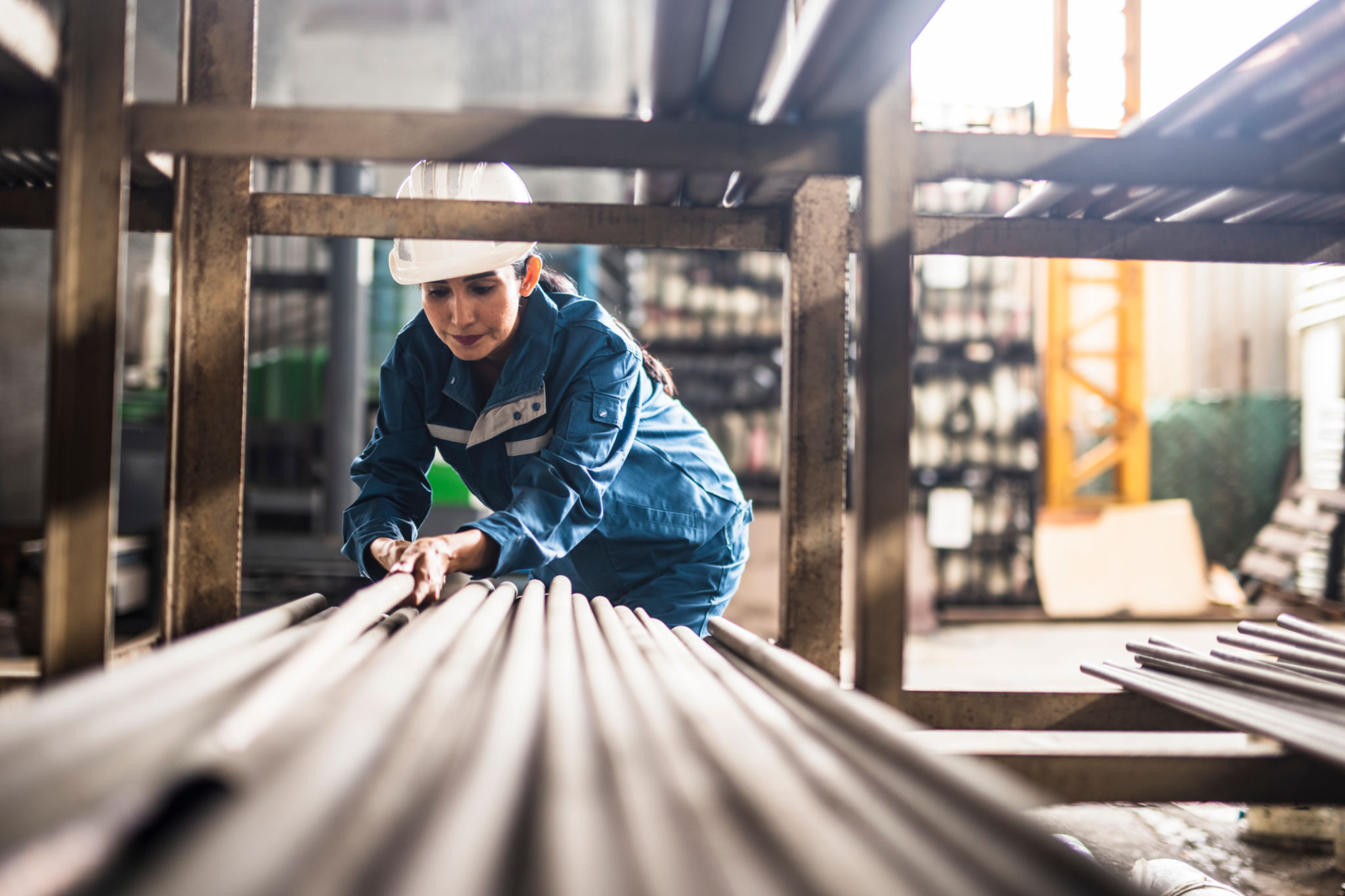DIY Metal Fabrication Projects: Safety Tips and Tricks from Experts
Understanding the Basics of Metal Fabrication
Metal fabrication is a rewarding and creative hobby, allowing DIY enthusiasts to craft everything from custom furniture to intricate sculptures. However, working with metal requires not only skill but also a keen attention to safety. Before diving into your next project, it's crucial to understand the basics of metalwork and the associated risks.

Essential Safety Gear for Metal Fabrication
Proper safety gear is non-negotiable when it comes to metal fabrication. Here’s a list of must-have items:
- Safety Goggles: Protects your eyes from flying debris and sparks.
- Gloves: Use heat-resistant gloves to prevent burns and cuts.
- Ear Protection: Metalwork can be loud, making earplugs or earmuffs essential.
- Respirator Mask: Shields you from inhaling harmful fumes or dust.
Workspace Preparation and Organization
A well-organized workspace is key to safe and efficient metal fabrication. Ensure your area is clean and free of clutter. Arrange your tools and materials so they are easily accessible and stored safely when not in use. Additionally, ensure your workspace is well-ventilated to disperse any fumes from welding or cutting.
Understanding Your Tools
Before using any tool, familiarize yourself with its operation and safety features. Whether you're using a welder, grinder, or plasma cutter, understanding its functionality will reduce the risk of accidents. Most importantly, never bypass safety mechanisms or use tools in ways they're not intended to be used.

Proper Handling and Storage of Materials
Handling metal sheets and rods requires care to avoid injury. Always lift heavy items with the help of another person or a mechanical aid. Store materials in a way that prevents them from falling or causing accidents. Racks and shelves specifically designed for metal storage can be invaluable.
Fire Safety Precautions
Metal fabrication often involves processes that generate heat and sparks, posing a fire risk. Keep a fire extinguisher nearby and make sure it is appropriate for the types of fires that may occur in your workshop. Furthermore, avoid working near flammable materials and always have a clear exit path.

Regular Maintenance of Equipment
Maintaining your equipment is just as important as knowing how to use it. Regularly inspect your tools for wear and tear, ensuring they are in good working condition. Replace any worn-out parts immediately to prevent malfunctions that could lead to injury.
Continuous Learning and Skill Development
Finally, metal fabrication is a craft that benefits from continuous learning. Attend workshops, watch online tutorials, and engage with communities of fellow metalworkers to improve your skills. Staying informed about new techniques and safety practices not only enhances your projects but also ensures your well-being.
By following these expert tips and prioritizing safety, you can enjoy the creative process of metal fabrication while minimizing risks. Whether you're a novice or an experienced hobbyist, these precautions are essential for a safe and successful project.